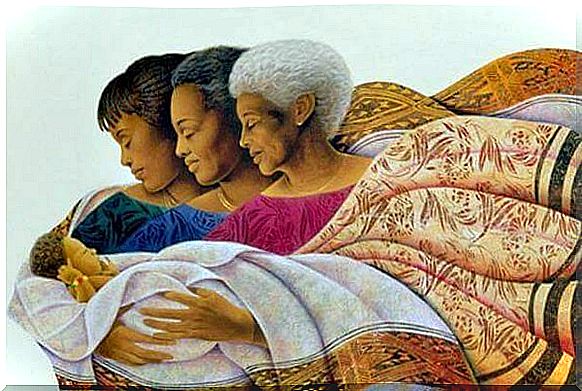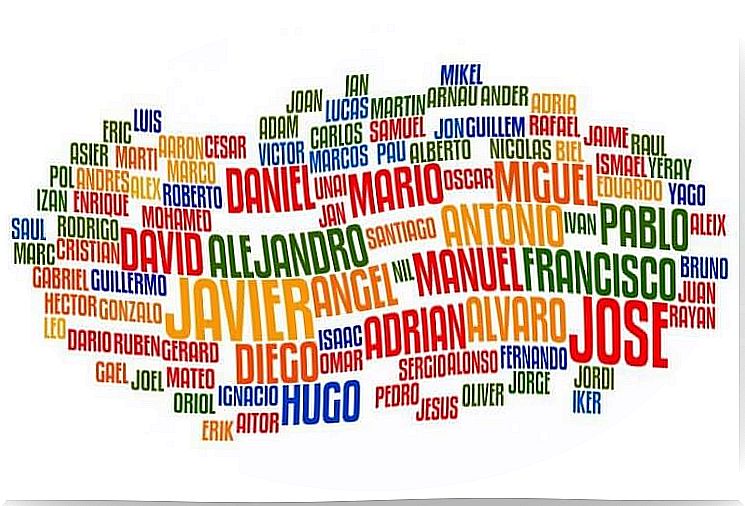Our Names Speak Of The People Who Gave Them

The name is the first mark given to every human being. It is a word and, as such, carries with it a series of meanings and a long chain of associations. Furthermore, in general, the names imply an intention of the giver, partly conscious, partly unconscious.
The name is almost always given by others, it is not chosen. And almost always there is also some story behind it and why they gave it that name and not another: that was your grandfather’s name, or those names were in fashion. Your mother thought it was a sweet way to call you or your father thought it was a proper name for distinguished people.
Your name can also be a tribute to a deceased person, or to some figure your parents admire. In fact, perhaps they gave it that name to compete with their friendships, or to impact those around them, or to pay homage to some saint or to God. There are plenty of reasons, at least for the one who gives the name.
The fact is that these associations, these meanings and these intentions, also define a part of your destiny. They sow or take an expectation from you. They also place a subtle obligation on the kind of person you are expected to be. Naming someone is tantamount to giving them a place within a worldview.
The functions of names
A person’s name has three basic functions: it identifies him, situates him within a certain culture, and suggests a life project. Identify what will typically differentiate you from the rest in a shared context by which you will respond. It places you within a culture first because of its origin and the understanding of that name, by those around you; secondly by your surname: it tells you which family you belong to.

The name also suggests a life project, due to the expectations, fantasies and motivations that had its parents or adults who gave it its name. By defining your name you are also making something of a gamble on your destiny. What they feel and think when you were born is reflected in what they call you.
Likewise, even if the person who names them doesn’t know it, most names have their own etymology and therefore their meaning. This meaning could be situated within what we call the “collective unconscious”. It’s something that society manages, but puts it explicitly. In this way, he also ends up defining the meaning of the life he named.
Name determinations
The more common a name is, the less constraints it will place on whoever carries it. On the contrary, when it is a far-fetched, foreign, strange or even ridiculous name, its influence will be much greater. The same happens when you have the name of a deceased person, or when you have the name of someone else in the family: the father, the mother, or someone close to them.
In the case of exotic names, they usually denote strong fantasies of the parents. They want to stand out through their children. They know that others will find it difficult or will find it strange when it comes to calling their children, but that is exactly what they are looking for: to attract the attention of others, to put a differential stamp.

There are names so weird or so far-fetched that they end up being ridiculous. It is common for them to be the result of parental ignorance or alienation.
In all these cases, the name induces it to be a certain form. Sometimes it causes subtle discomfort or overt rejection. Something of our destiny is being cast in that name that we were given without permission, and to which over the years most of us have become attached. Maybe because we are making it more in our own way, more ours.
Images courtesy of Chain Ready, Mark Orloff.









